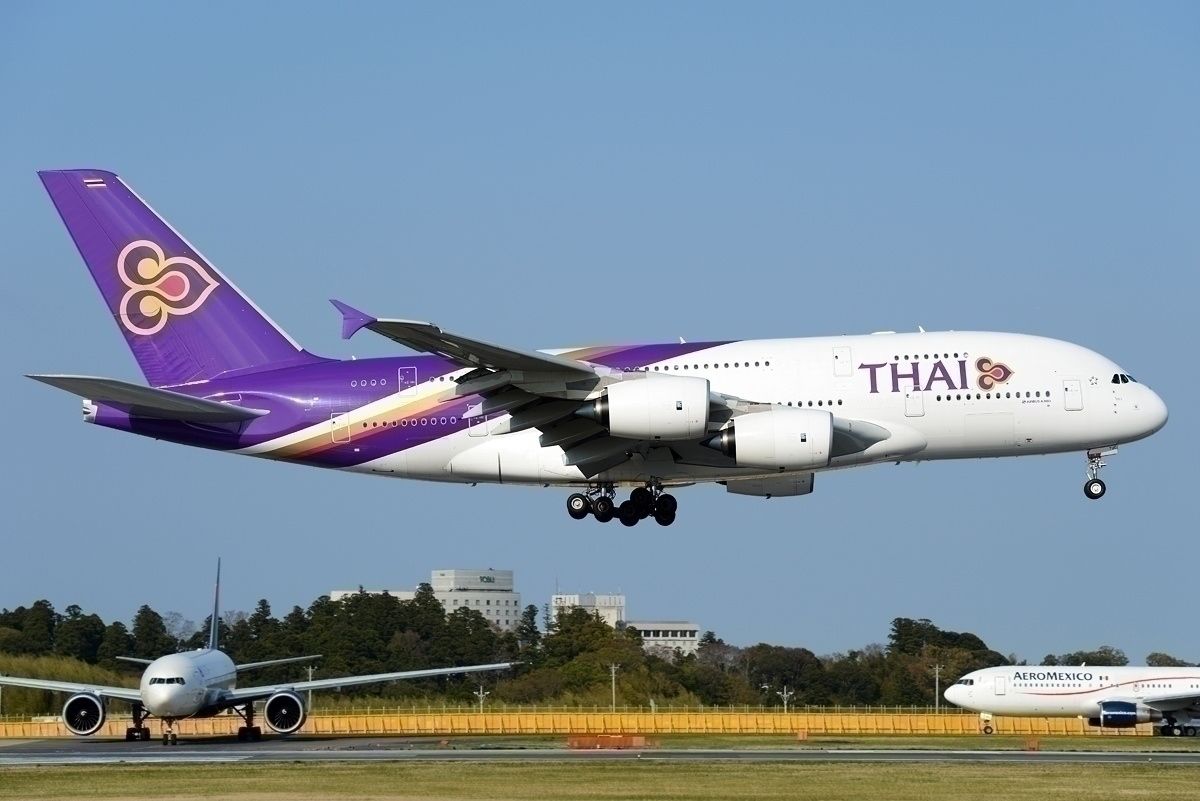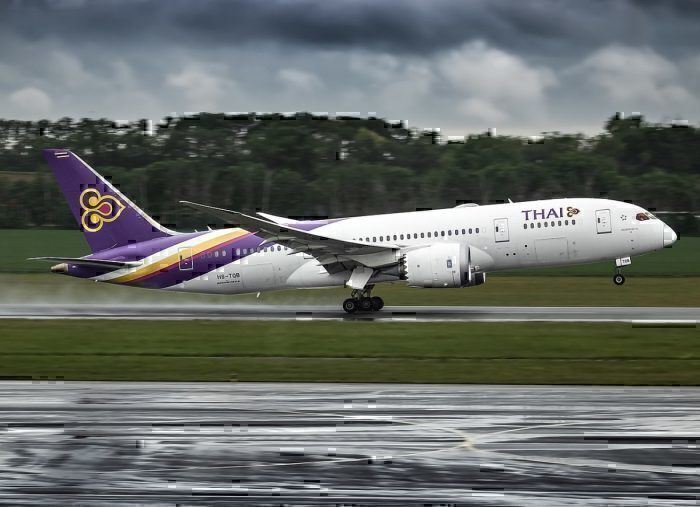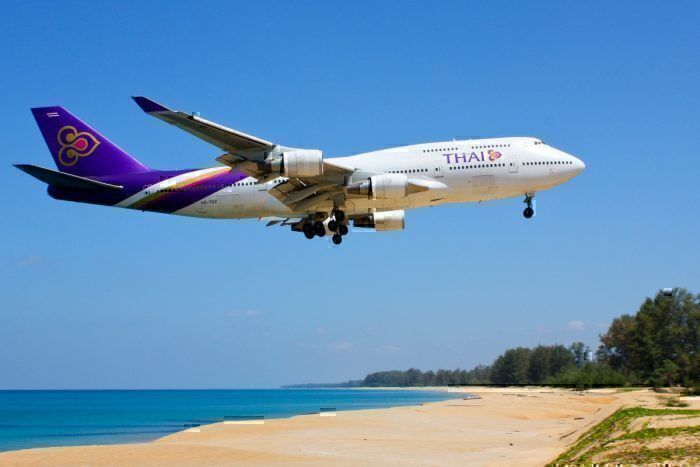Thai Airways revealed yesterday that its chairman, Ekniti Nitithanprapas, resigned effective immediately. His resignation comes at a challenging time for the airline, which has posted heavy losses so far this year.
AP News reported earlier today on Thai Airways' most recent high-level resignation – Chairman Ekniti Nitithanprapas. He stepped down yesterday without explanation, joining three of the airline's executive directors who also recently quit their positions.
In his place, Air Chief Marshal Chaiyapruk Didyasarin, who was Vice Chairman, will step up to become acting chairman until a replacement is confirmed.
Why did the chairman of the board quit?
Although no official reason for the resignation has been given by Thai Airways, reports surfaced as early August that Ekniti Nitithanprapas was ready to hand in his letter of resignation.
The Bangkok Post reported that Nitithanprapas, alongside the chairmen of State Railway of Thailand, the Bangkok Mass Transit Authority and Airports of Thailand Plc., had all drafted their resignation letters
The chairmen of these large Thai establishments were reportedly driven towards resignation because of their connection with former Deputy Prime Minister, Somkid Jatusripitak.
The new Deputy Prime Minister, Anutin Charnvirakul, has been seeking to remove the so-called ‘Somkid Connection’ from the Thai Transport Ministry.
The Transport Ministry has been a particular focus of change because the Transport Minister, Saksayam Chidchob, is a member of the Bhumjaithai Party, alongside Deputy Prime Minister, Anutin Charnvirak.
Discussing the motivation for his resignation, chairman of the board of the State Railway of Thailand, Kulit Sombatsiri, said:
“All SRT directors have prepared resignation letters. We were appointed by the National Council for Peace and Order and that order has not been repealed.”
Will politics compound Thai Airways’ problems?
It has been a tough year for Thai Airways on the financial front. It posted a net loss of $220 million in the year to June alone. The airline has blamed a slowdown in tourism to Thailand and a general downturn in passenger traffic, which is 5% lower than last year, for its poor results.
In particular, a 7.1% decrease in tourism from China has taken its toll on Thai Airways and Thai tourism in general. Back in August, Thai Airways announced a number of new business strategies that it hoped would reverse its fortunes.
The new strategies mainly centered on cost-saving measures, such as waste reduction across the business, as well as a new marketing strategy.
Unfortunately, these changes don’t seem to have had much of an effect. Thai Airways recently announced it would be transferring six of the main carrier’s routes to its low-cost subsidiary, Thai Smile.
The recent political impact of the power change at the Transport Ministry will certainly not make things any easier for Thai Airways.
However, Transport Minister, Saksayam Chidchob, has expressed his desire to help get the Thai economy back on track.
“Now that we have a new government, we need to make sure the new minister and the directors are on the same page. After all, the Transport Ministry has several urgent plans to stimulate the economy,” he said.
As such, it appears that political fortunes are also on the line, which may well work out in Thai Airways’ favor.
Unfortunately, Thai Airways was not able available to respond to Simple Flying's request for comment on the resignation, but we will update the article in due course if it does.



